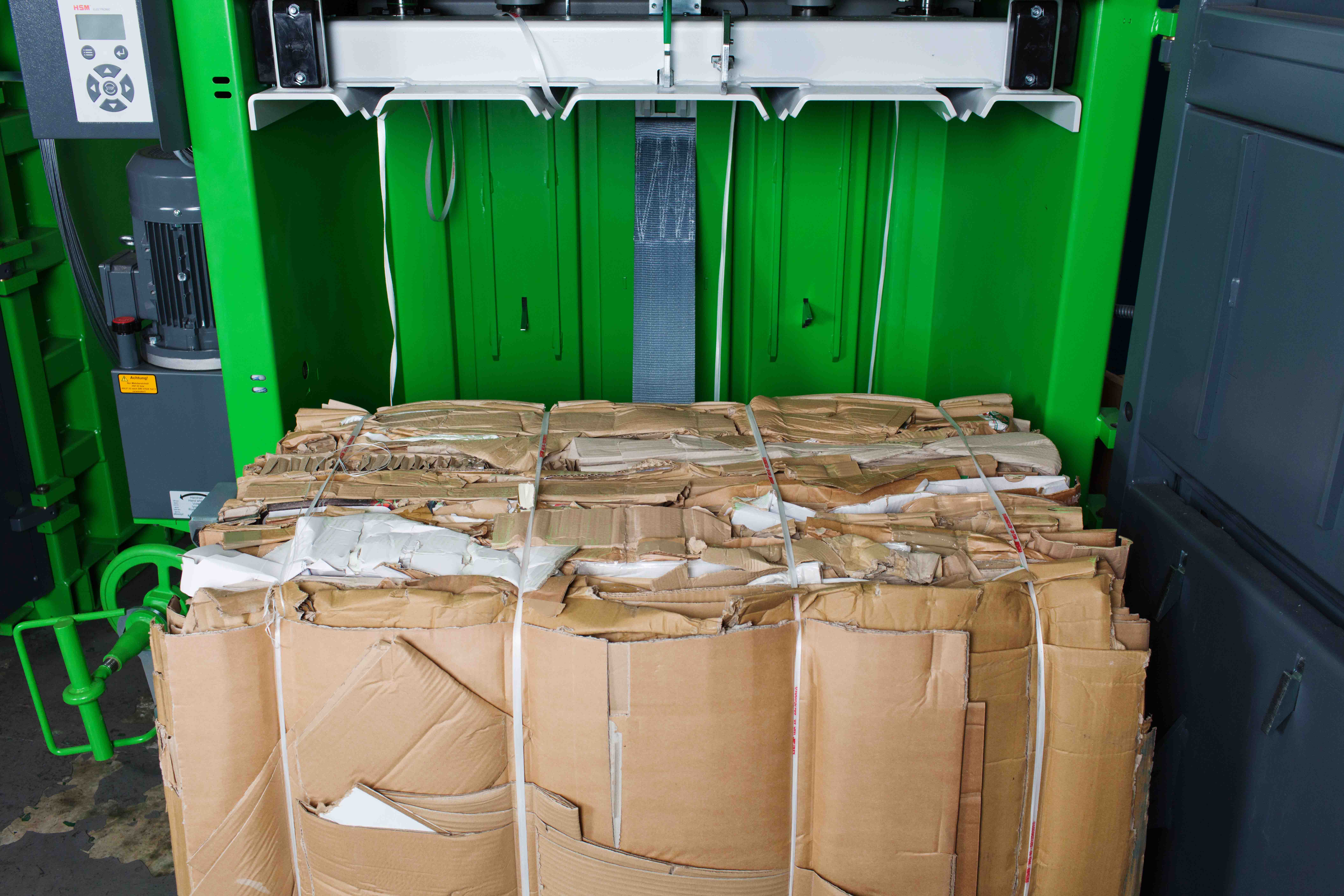
Environmental Initiatives. What? Why? And How?
This pandemic has made us all reflect on what’s important in our everyday lives and how we treat each other and our planet, too. A series of lockdowns has led to positive environmental changes caused by reduced use of carbon fuels, prompting us to engage in green initiatives, and make more effort when it comes to waste recycling.
This is something that Boris Johnson has considered when he recently announced a 10-point plan for the UK’s green revolution, full of environmental projects and sustainability initiatives.
The government initiative promises more opportunities for waste recycling, making being green easier for individuals and, more importantly, businesses. It focusses on alternative energy, greener transport, net-zero buildings and protecting our environment with the help of waste management and recycling services, such as phs Wastekit.
Why do we need green initiatives?
Our planet already bears the scars of fossil fuel usage and the over-consumption of natural resources, especially in industry. The statistics of poor waste management and pollution are quite shocking:
- 7 million premature deaths each year as a result of poor air quality
- An expected rise in the sea level of 26-28cm over the next century
- More than 21.5 million people forcibly displaced because of climate change since 2008
- 14 of the hottest days on record occurred in the last 16 years
- Plastic pollution in our oceans is well documented, such as The Great Pacific Garbage Patch.
If we intend to have a healthy planet with trees and grass for generations to come, we need to start being green or take more drastic actions to live a net-zero life. As a UK business, you have a responsibility to prevent, reuse, recycle or recover waste.
Can I get paid for recycling?
The days of collecting milk bottle tops or getting 10p for returning lemonade bottles have gone, but recycling can still pay off. You can get rewarded for depositing empties at retailers, like Boots or taking your reusable cup to Starbucks.
The incentives for business waste recycling programmes can be much greater, whether they get paid per ton for recycling commodities such as carboard or plastic; reduce the exorbitant costs of waste collection by compacting or baling; or benefit from government grants and tax relief on purchasing recycling equipment, such as balers and compactors. These savings, together with revenue generated from recycling waste can quickly add up to saving almost half of their existing waste expenditure.
Is waste recycling enough?
If everyone does their bit to tackle environmental waste management, it will make a big difference. Government initiative or not, each piece of cardboard recycling and plastic recycling is one less item that ends up in land fill or in the oceans.
Other sustainability projects or environmental initiatives that your business can get involved with are:
- Buy local – Avoid carbon emissions from transporting goods
- Practice energy conservation – Switch off lights and appliances when not in use
- Join a climate action group – Get your business involved with local green initiatives, like beach clean ups.
- Walk or cycle – Lower CO2 emissions: introduce a car share or bike purchase scheme at work
- Reduce air travel – Hold virtual business meetings; reduce foreign trips
- Use renewable energy– Install or opt for cleaner alternatives
- Avoid single use plastics – Invest in reusable alternatives
- Go paperless – Use online statements, correspondence and payments
- Buy certified wood products – Check labels and look for FSC (Forest Stewardship Council) certification.
The list goes on…
If you need some help kickstarting your business’ sustainability initiatives, get in touch with phs Wastekit for a free wastesaving audit to help you get the most out of your environmental projects.